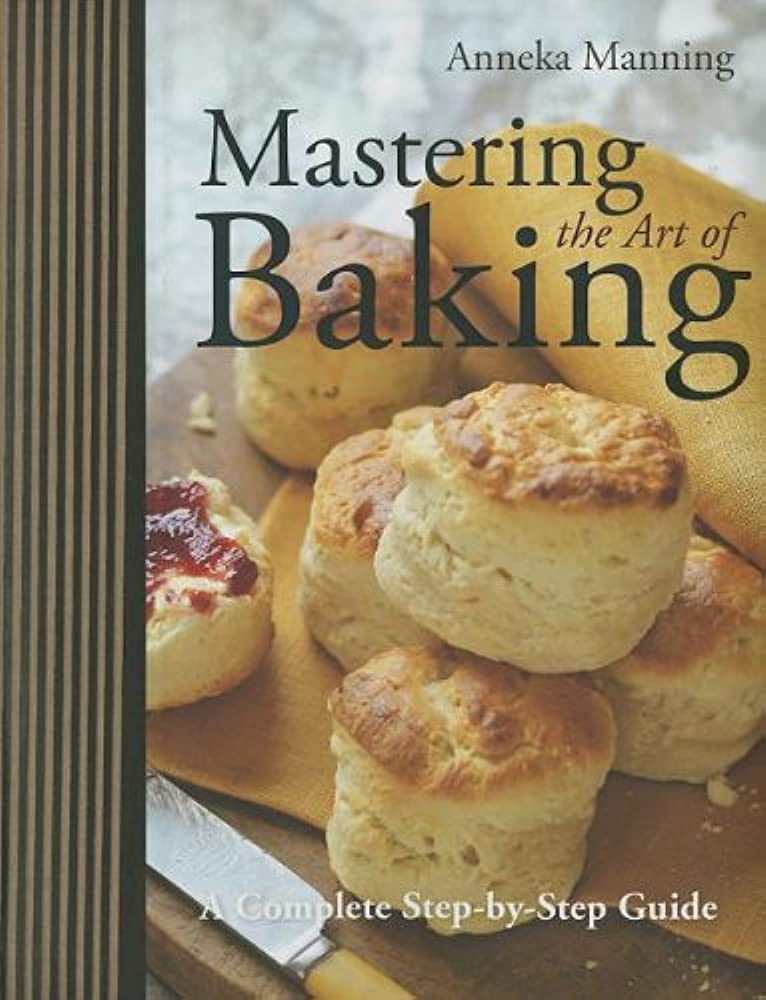The art of baking requires precision, patience, and creativity. Tips and techniques for mastering baking include having the right tools and equipment, using high-quality ingredients, following recipes closely, and measuring ingredients accurately. Mixing should start at a low speed and gradually increase. When baking, it is essential to preheat the oven, avoid opening the oven door too often, and rotate the pan halfway through. Allow baked goods to cool completely before decorating with frosting and decorations. To become a better baker, practice, patience, and a willingness to learn is key.
Mastering the Art of Baking: Tips and Techniques
Introduction
Baking is not just about mixing ingredients and putting them in the oven. It is an art that requires precision, patience, and creativity. Mastering the art of baking can be a challenging but rewarding experience. Whether you are a beginner or an experienced baker, there are always new techniques and tips to learn. In this article, we will share some tips and techniques that will help you become a better baker.
Tools and Equipment
Before you start baking, it is essential to have the right tools and equipment. Some of the essential tools and equipment you will need include measuring cups and spoons, mixing bowls, a stand mixer or a hand mixer, a whisk, a rubber spatula, a baking pan, and an oven thermometer. Make sure that your equipment is clean and in good condition before you start baking.
Ingredients
One of the most crucial aspects of baking is using the right ingredients. Always use high-quality ingredients to achieve the best results. If you are unsure about the quality of a particular ingredient, do some research or ask for recommendations. Also, make sure that your ingredients are at room temperature before you start baking.
Recipes
Follow recipes carefully, especially if you are a beginner. Make sure that you have all the ingredients and read the steps carefully before you start. If you are new to baking, start with simple recipes and gradually move on to more complex ones.
Measurements
Baking is a science, and measurements are essential. Use measuring cups and spoons to ensure accuracy. When measuring flour, it is essential to fluff it up first before scooping it into the cup. This will give you a more accurate measurement.
Mixing
Mixing is an integral part of baking. When mixing ingredients, use low speed to start and gradually increase the speed as needed. Be careful not to overmix, as this can result in tough or dense baked goods. Also, when mixing ingredients, use a rubber spatula to scrape the sides of the bowl to ensure that everything is incorporated.
Baking
Baking is a critical step in any recipe. Always preheat your oven to the correct temperature and use an oven thermometer to ensure that the temperature is accurate. When baking, avoid opening the oven door too often, as this can cause fluctuations in temperature. Also, be sure to rotate the pan halfway through the baking time to ensure even baking.
Cooling
Let your baked goods cool completely before decorating or serving. This will ensure that they have the right texture and will prevent them from falling apart. To cool your baked goods, place them on a wire rack and let them cool for at least 10-15 minutes.
Decorating
Decorating your baked goods is a fun and creative part of baking. Use frosting, icing, or decorations to add flavor and personality to your baked goods. Invest in some decorating tools such as piping bags, tips, and spatulas to make the process easier and more fun.
Conclusion
Mastering the art of baking requires practice, patience, and a willingness to learn. By following these tips and techniques, you can become a better baker and create delicious baked goods that your family and friends will love. Remember to have fun and experiment with new recipes and techniques. Happy baking!
